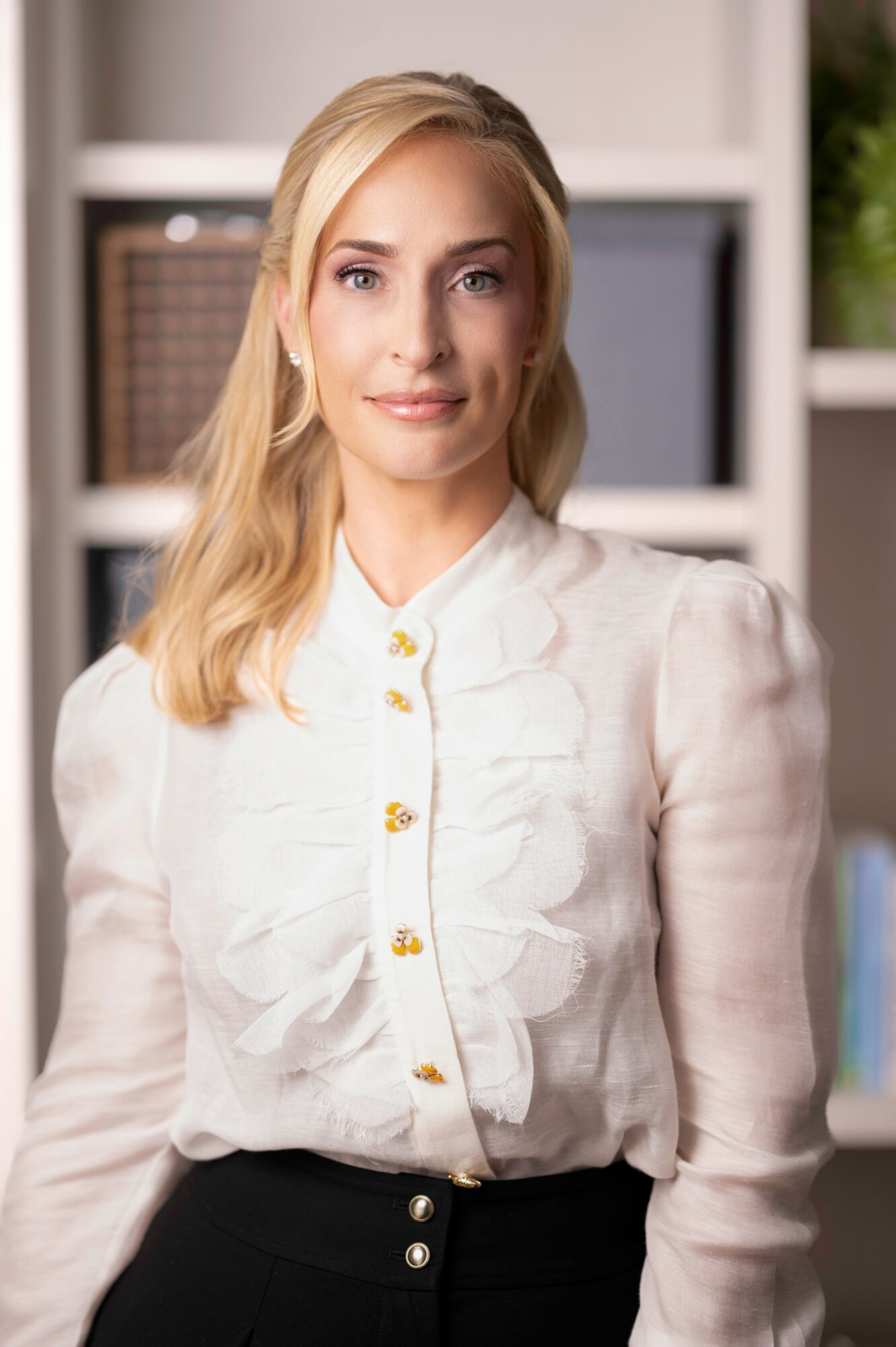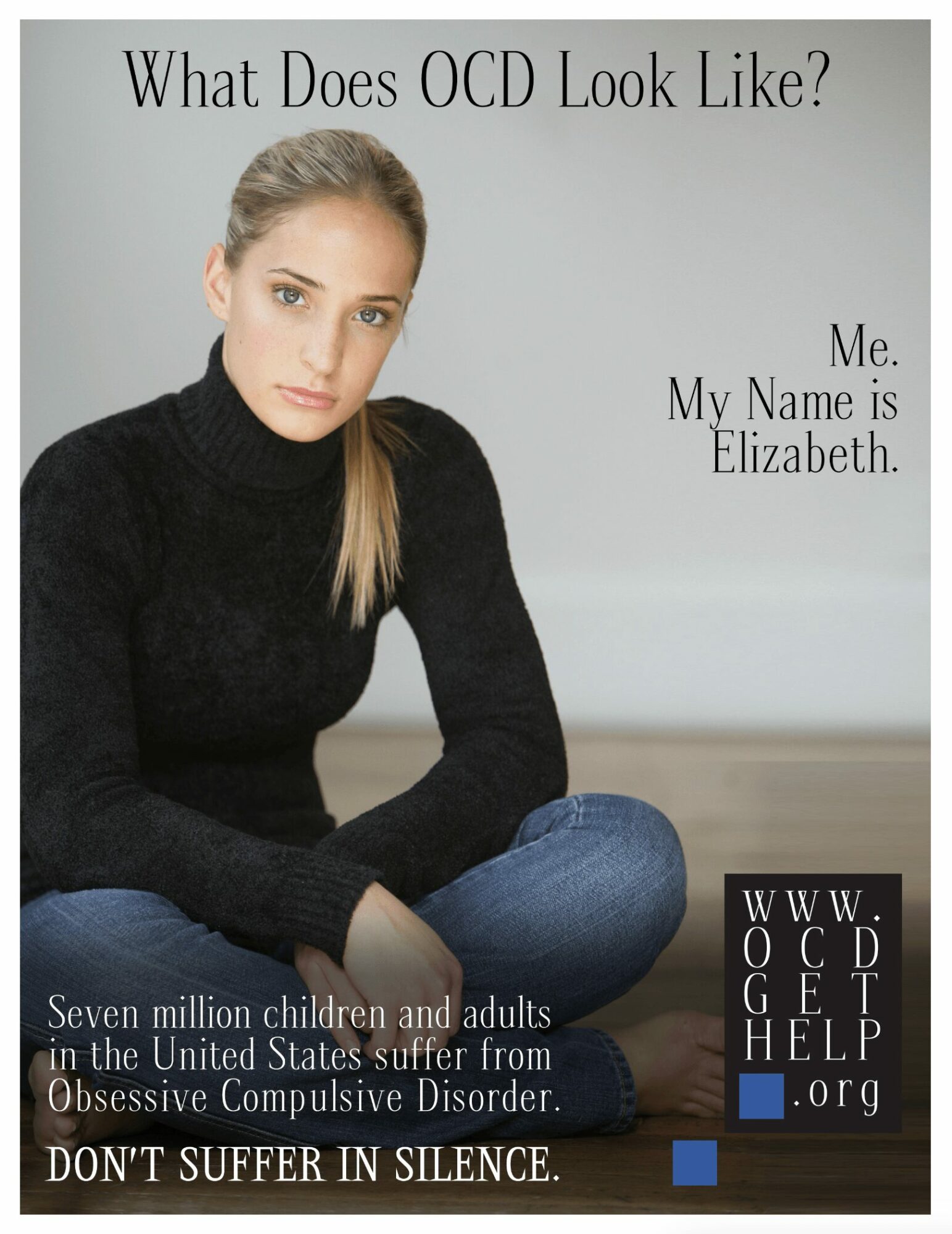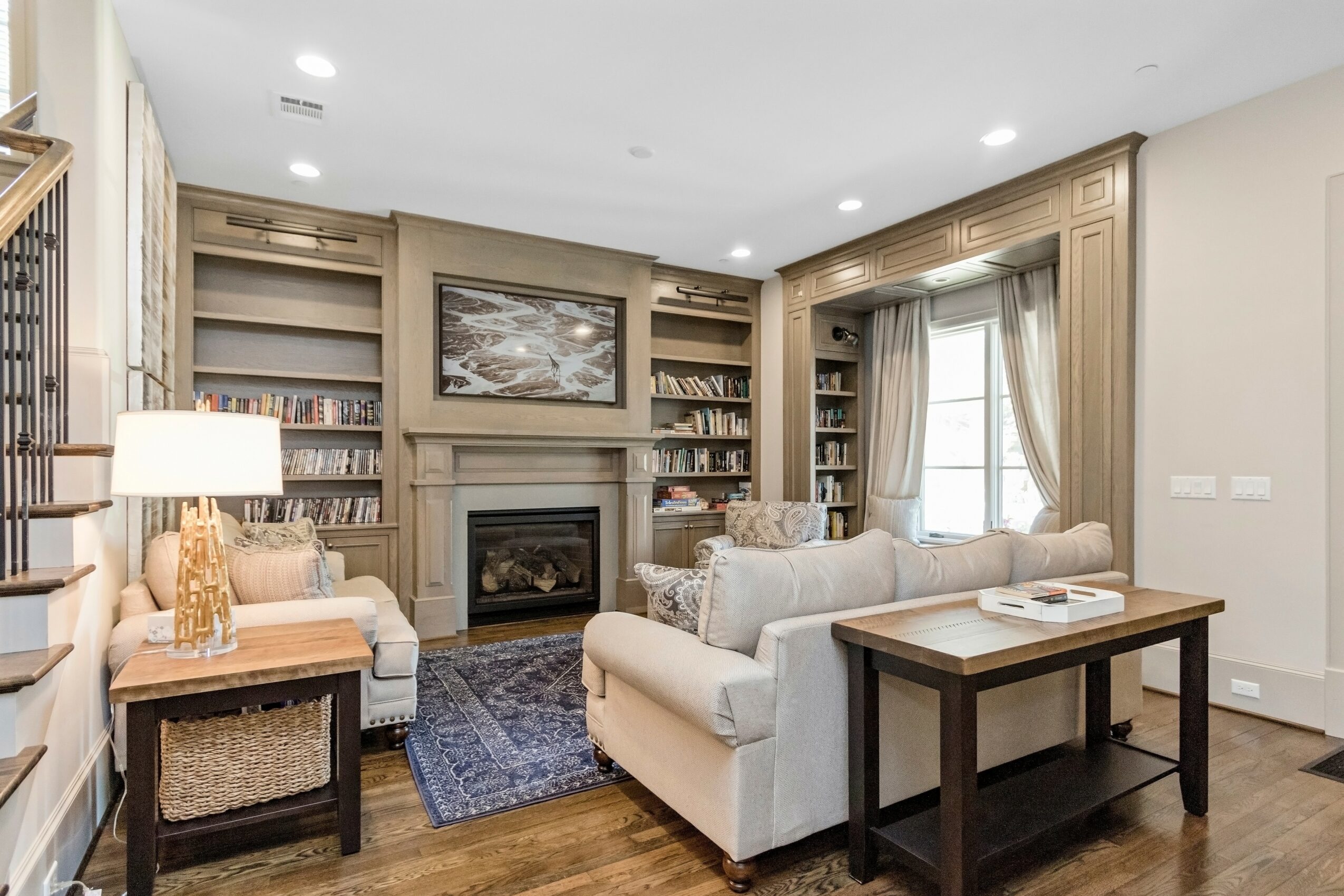

Today we’d like to introduce you to Elizabeth Mcingvale.
Hi Elizabeth, we’re thrilled to have a chance to learn your story today. So, before we get into specifics, maybe you can briefly walk us through how you got to where you are today?
My name is Elizabeth McIngvale. I am a clinician and the Director of the OCD Institute of Texas. We are one of the few residential OCD specific programs in the world, and so all we do is treat the most severe anxiety and OCD.
How I got where I am is that I was a patient of this exact program; I have struggled with OCD since I was 12. I was home bound, completely disabled by my illness. My symptoms started around 12, but I didn’t get appropriate treatment until I was about 15. During that three year time with untreated OCD, we went from clinician to clinician who didn’t know how to treat my OCD, didn’t know how to help me, and I got pretty bad therapy, which of course made my symptoms much worse. By the time I was 15, I was taking six to eight hour showers. I was completely home bound. My mom basically had to stop working and take care of me due to safety concerns, and my life was a living nightmare because of my OCD. The rituals were focused on contamination, scrupulosity, the fear of faith, and they literally took up every moment that I was awake. When I was 15, my parents found a residential program, which at the time was a part of the Menninger Clinic in Topeka, Kansas. They took me there where I stayed for about three months and it totally changed my life.
Afterwards I was still struggling and trying to understand what life with OCD would or wouldn’t be like, but I had learned that treatment could make me more functional and that I could live the life that I wanted, despite my diagnosis. However, I didn’t really continue with outpatient therapy, and I also didn’t have a mindset or understanding that treatment could get me to freedom. I really thought treatment could just make me a little bit better. And so unfortunately, I continued to struggle and my OCD symptoms continued to worsen even after my return. So I went back to the same residential program when I was 17, and then slowly and surely over the years started to learn how to really engage in treatment to have freedom versus using treatment to just become more functional. And that took quite a long time. There was a probably a decade where I really had to make that shift, and I really had to transition from a patient to somebody who used to live with OCD, which is really where I stand now. And during this time I decided and knew that I wanted to make a career in mental health, so I went into this field. I got my master’s degree and then my PhD, and then went on to get my MBA. And about five years ago, I took over the same exact program that saved my life. We’re now a private independent clinic, but it’s the same clinic that was originally the Menninger clinic that I was a patient at. And it’s truly just a full circle moment for me to go from being a patient, not knowing how I could survive and not wanting to be alive, and attending and being a part of a program that gave me hope and a new renewed sense of freedom and purpose in my life, to now being the director and person who oversees that same clinic, giving that same sense of hope and renewed sense of freedom to our patients every day.
Would you say it’s been a smooth road, and if not what are some of the biggest challenges you’ve faced along the way?
Has it been a smooth road? Of course not. This disorder is an extremely disabling disorder if it’s left untreated. We know that OCD affects about 3% of the population worldwide and is one of the top 10 reasons people file for disability, so this is a severe chronic mental health condition when individuals don’t receive effective treatment. And so for me, the road was really never smooth. My entire treatment journey was full of ups and downs, getting better, getting worse, relapsing, struggling, trying to figure it out. So very tumultuous; but at the end of the day, my favorite quote is, “without our struggle, we wouldn’t know our strength” And I feel really strongly that understanding my struggle really helped me learn my strengths.
Thanks for sharing that. So, maybe next you can tell us a bit more about your business?
At the OCD Institute of Texas, we’re one of the few residential OCD programs in the world. Of course we treat some related disorders, but we are a specialty OCD clinic; we treat the most severe OCD in the world. We have patients from all over the world who fly into our program. We have 11 beds, and patients live onsite with us while they’re doing OCD treatment 24 hours a day. They’re engaging in active treatment programming from about 9:00 AM to 4:00 PM on weekdays and until 3:00 PM on weekends, and then they have 24 hour support with individuals who are trained on how to support and not enable OCD. Clinicians are onsite seven days a week engaging in treatment with our patients.
We have the amazing opportunity to be able to see patients when they’re at their worst place in their life, when their OCD has taken over everything, when they are no longer functioning, and watch them leave our program about three months later, completely functioning, returning to life, returning to their family, their friends, their job, their career, the things that their OCD had totally stripped away from them.
Do you have recommendations for books, apps, blogs, etc?
Podcasts:
Anxiety Society with Dr. Elizabeth McIngvale and Cali Werner
Your Anxiety Toolkit with Kimberley Quinlan
Books:
Freedom From OCD by Jonathan Grayson, PhD
The OCD Workbook by Bruce H. Hyman, PhD and Cherry Pedrick, RN
Jonathan Abramowitz
The International OCD Foundation – https://iocdf.org/
We highly recommend everybody being a part of The International OCD Foundation, it’s really the governing body for OCD. We lay out treatment guidelines, we run an annual conference. I serve on their board of directors. I think that while we are a self-pay facility, we work really hard to have insurance be an option for utilization of our services with our patients. Unfortunately, insurance does not really work with mental health companies the way that they should, and there’s so much to be done. So we are constantly lobbying and advocating for that.
But there are many ways that our patients can use their insurance for our care and we help walk them through that. And then we do operate a scholarship spot as well for our PHP program.
Contact Info:
- Website: https://ocditexas.com/
- Instagram: https://www.instagram.com/ocdinstitutetexas/
- Facebook: https://www.facebook.com/ocdinstitutetexas
- LinkedIn: https://www.linkedin.com/company/ocditexas
- Youtube: https://www.youtube.com/@OCDITexas
- Other: https://www.anxietysocietypodcast.com/
















